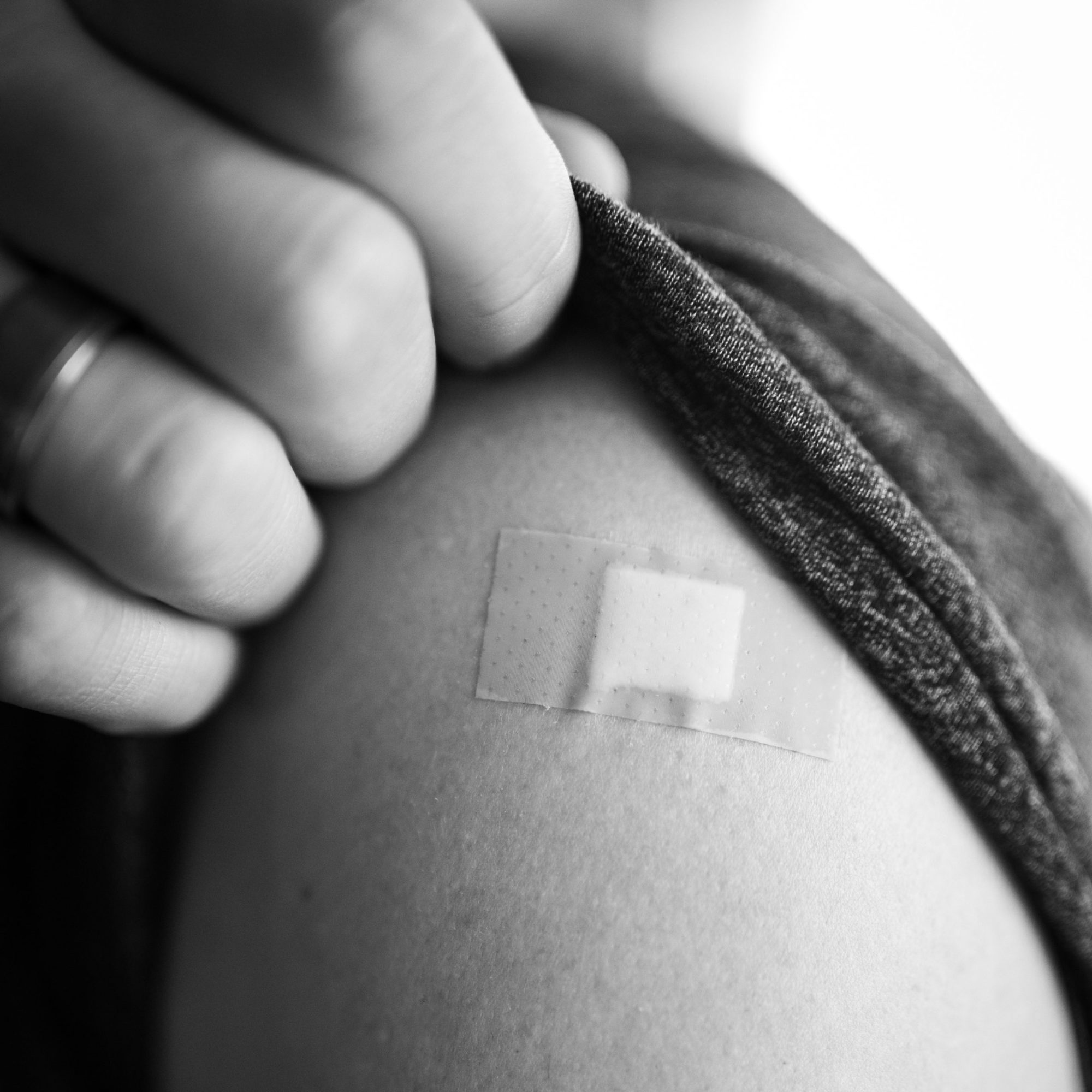Let me take you to a remote outpost, a community of just a few hundred people more than an hour from the nearest emergency room, where life moves around family and faith, and defiance of the faraway central government is visceral for many — a matter of identity.
Are we in a Pakistani village, or are we in a farm town of my home state, North Carolina?
Pakistan is one of the last frontiers where polio circulates in the wild, and the United States — together with other governments, NGOs, and private philanthropists — funds a vaccination campaign that is on the verge of eradicating it.
So do not tell me that there are eligible Americans who we just cannot find a way to get vaccinated for coronavirus. There are none. Not only can we do it, we are doing it — right now, in radically harder circumstances, but just for a different virus. It is not easy, and it is not instantaneous, but we demonstrably can do it.
So why does this feel so much harder to us?
Setting aside the slew of policy misfires that have mistaken the actual goal — changing behavior on vaccine uptake — with intellectual decoys like “educating” or “persuading,” the core answer hinges on that last word of the question: us.
(Here I will be using us and them as short-hand for in-group and out-group social dynamics.)
Every time we allow identity to steal priority from vaccination, we do additional harm to people who already face multi-generational, systemic inequity. And that responsibility lies directly with every single person who is not willing to do or support whatever it takes to get every eligible American vaccinated.
Pakistani villagers are not us. Note that this is not a statement of norms but an observation of fact. We think of them as enduring subsistence lives, beyond the Western educational model, and subject to Taliban-style oppression. The consequence is that the vaccine we mean to give them comes without conditions or pretense — providers meet them where they are, as they are, and leave them to it after the jab. If a family patriarch has unvaccinated children, they look for ways to influence him so that he will permit the jab and look past any misogyny, xenophobia, or theocracy that may come up along the way. After all, They are not us.
Try as too many of us might to deny it, other Americans are us.
This is an in-group fight, with all of the pressure, competition, and rage that comes with it. It’s personal.
This is why we can sooner organize medical professionals in the Hindu Kush with vials of polio vaccine than we can jab our way to herd immunity at home. This domestic campaign is about identity, with a coronavirus jab as consolation prize to hold-outs who surrender theirs, and that’s altogether different from a vaccination campaign.
We will vaccinate the hold-outs when we meet them on their terms, do the job, and leave them be. This ignores all manner of technical complications, of course — experts will have to build the playbook just like they’ve done for polio — but it captures entirely the social complexity. Does the liberal elite want to get a shot into every eligible arm, or does it want to prosecute an identity conflict?
Setting aside all compunction to get the vaccination work done can be disturbing. Some folks who stonewall vaccination (see “definitely not” bar charts) also behave in all manner of other antisocial ways, expressly including racism. Overlooking these behaviors perpetuates them, even if it’s in the course of influencing someone to accept the vaccine, and that’s a step back from a more equitable society.
So too is allowing this virus to keep killing our Black and brown neighbors, to keep forcing women out of the workforce, and to keep widening the gaps in well-being between essential workers and so many wealthy who pretend to be.
These are aggravated inequities, not just perpetuated. Every time we allow identity to steal priority from vaccination, we do additional harm to people who already face multi-generational, systemic inequity. And that responsibility lies directly with every single person who is not willing to do or support whatever it takes to get every eligible American vaccinated.
Let me emphasize that this is not about knowing how to get the job done. I do not. This is about getting out of the way so that the people who can figure it out have the chance to do so and the resources to act on it.
For those of us who don’t know how to do this, getting out of the way means giving up all preconceived notions about what the answer will be and following the evidence wherever it leads. The only thing that we know is the behavior that we want to see: people taking jabs. We know nothing about what influences vaccine-resistant people to take jabs, and the things that we think we know may well be distractions. Indeed, it is quite possible that interventions like “talking them into it” — an umbrella for “educate” and “persuade” interventions — will not be the answer.
The indicator we can follow to know that the United States has gotten sufficiently serious about the coronavirus vaccination campaign is whether we’ve started to see front-line vaccinators from other global campaigns taking charge of this one.
No excuses. We can do this. The only question is whether we will.
Pull out the polio playbook, and put it to work now.
Matt Leatherman is a fiscal and financial expert whose career ranges from co-authoring “A Leaner and Meaner Defense” in the Winter 2011 issue of Foreign Affairs to running as a Democratic candidate for NC Treasurer last year.





















